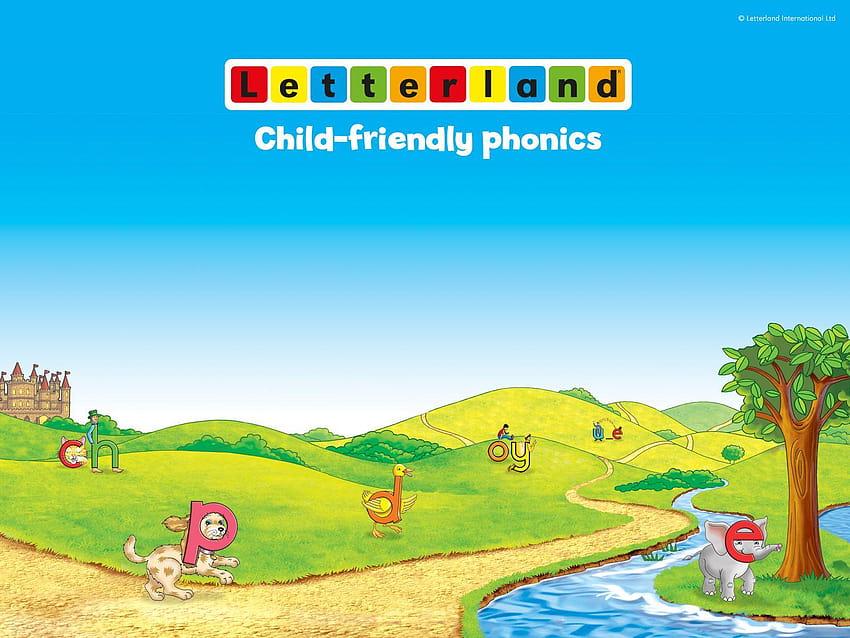
Kindergarten is a magical time in a child’s life, where the world begins to open its doors to endless possibilities. It serves as a bridge between home and formal education, igniting a spark of curiosity and creativity that can last a lifetime. In these early years, children are not just learning their ABCs and 123s; they are exploring their identities, discovering their interests, and forming connections with others. This environment is crucial for nurturing their innate sense of wonder.
At this stage, play is the heart of learning. Through imaginative activities, storytelling, and hands-on experiences, kindergarteners engage with their surroundings in meaningful ways. Teachers act as guides, encouraging exploration and fostering a safe space where children can express themselves freely. It is in this supportive atmosphere that young minds can thrive, take risks, and cultivate a love for learning that will guide them throughout their educational journey.
The Importance of Play in Learning
Play is a fundamental aspect of childhood that serves as the foundation for learning in kindergarten. Through play, children engage in activities that promote exploration and experimentation, allowing them to discover new concepts and ideas. This form of learning is essential because it aligns with how young minds naturally develop and understand the world around them. By participating in playful activities, children can grasp abstract concepts more easily, as they are able to visualize and actively engage with their learning.
Moreover, play fosters social skills and emotional development. In a kindergarten setting, children often play together, which allows them to practice cooperation, negotiation, and problem-solving. These interactions not only help them build friendships but also teach them valuable life skills, such as empathy and resilience. Through play, children learn to express their feelings, understand others’ emotions, and navigate complex social situations, all within a safe and supportive environment.
Additionally, the importance of play extends to fostering creativity and imagination. When children are given the freedom to play, they can explore their thoughts and ideas in a way that structured learning may not allow. Activities such as building with blocks, role-playing, and art projects inspire children to think outside the box and come up with innovative solutions. This creative play enhances cognitive development and encourages a love for learning that can last a lifetime, making it a crucial component of the kindergarten experience.
Fostering Imagination through Art
Art is a vital tool in kindergarten that encourages children to express themselves and tap into their creativity. Through activities like painting, drawing, and crafting, young learners can explore their thoughts and feelings in ways that words alone may not capture. The process of creating art allows them to experiment without fear of making mistakes, fostering an open-minded approach to learning and expression. This freedom boosts their confidence and helps build a foundation for imaginative thinking.
In the kindergarten setting, art often serves as a social activity that promotes collaboration among peers. Children are encouraged to work together on projects, sharing ideas and techniques, which not only enhances their artistic skills but also builds essential social skills. This interaction nurtures a sense of community and belonging, which is crucial in the formative years. As young artists brainstorm and support one another, they learn the value of teamwork and the importance of diverse perspectives in the creative process.
Furthermore, engaging in art allows kindergarteners to connect with various cultures and histories. Through exploring different artistic styles and traditions, children gain a broader understanding of the world around them. This cultural exposure enriches their learning experience and inspires them to draw from various influences in their creations. By appreciating the diversity in art, they develop empathy and respect for others, nurturing a well-rounded perspective that extends beyond the classroom environment.
Exploring the Outdoors: Nature’s Classroom
The outdoor environment offers a dynamic setting for children in kindergarten to engage with the world around them. Nature’s classroom is filled with opportunities for exploration and discovery, allowing young minds to grow through hands-on experiences. As children interact with plants, animals, and natural elements, they develop a deeper understanding of their surroundings and how everything is interconnected.
Outdoor activities can encourage curiosity and creativity, inviting children to ask questions and seek answers. Whether it involves observing insects in their habitats, collecting leaves of different shapes and colors, or identifying sounds in the natural world, these experiences stimulate a sense of wonder. Through guided exploration, teachers can foster an environment where children’s imaginations flourish as they create stories and art inspired by their outdoor adventures.
Moreover, outdoor learning promotes physical activity and well-being. Running, jumping, and playing in nature not only boost children’s motor skills but also enhance their social skills as they learn to cooperate and collaborate with peers. By integrating outdoor experiences into the kindergarten curriculum, educators can nurture a love for nature while supporting holistic development, making every outing an exciting adventure.
Encouraging Questions: The Role of Curiosity
Curiosity is a fundamental trait in children, especially in kindergarten. It drives them to explore their surroundings and ask questions about the world around them. When children are encouraged to express their curiosity, they become active participants in their learning journey. This not only enhances their knowledge but also fosters a love for discovery that can last a lifetime. Teachers play a vital role in nurturing this curiosity by creating an environment where questions are welcomed and valued.
To effectively support young learners, educators can implement strategies that promote questioning. This may involve creating a safe space for children to share their thoughts without fear of judgment. Asking open-ended questions during discussions encourages children to think critically and express their ideas. Additionally, incorporating hands-on activities allows children to explore concepts through experimentation, further fueling their inquisitive nature.
When curiosity is embraced in the kindergarten classroom, it leads to deeper understanding and retention of information. Children learn to make connections between different concepts and develop problem-solving skills. As they engage with their peers and teachers in discussions driven by their questions, they strengthen their social skills and become more confident communicators. Ultimately, fostering curiosity helps young minds flourish and prepares them for future academic challenges.
Building Social Skills through Group Activities
Group activities in kindergarten play a vital role in fostering social skills among young children. Engaging in collaborative tasks allows children to learn the importance of teamwork and communication. Whether they are building with blocks, participating in a dance circle, or working on art projects together, these experiences help children understand how to share ideas, negotiate roles, and solve problems collectively. Through these interactions, they become more aware of their peers’ feelings and perspectives, which fosters empathy and cooperation.
Skolka
As children work together in group settings, they also develop essential skills such as conflict resolution and patience. Disagreements may arise during play or tasks, and navigating these moments teaches children how to express their feelings while also considering the viewpoints of others. This not only strengthens their ability to resolve conflicts amicably but also builds their confidence in social interactions. The more opportunities they have to engage with their peers, the better equipped they become in managing real-world social scenarios.
Furthermore, group activities stimulate a sense of belonging within the kindergarten environment. When children contribute to a collective goal, they experience the thrill of shared success, reinforcing their connection with classmates. This sense of community is crucial for their emotional and social development. It encourages them to participate actively, fostering friendships that can last beyond the classroom. By promoting positive group dynamics, kindergartens create an atmosphere where curiosity and creativity can flourish, setting the stage for lifelong learning.
















